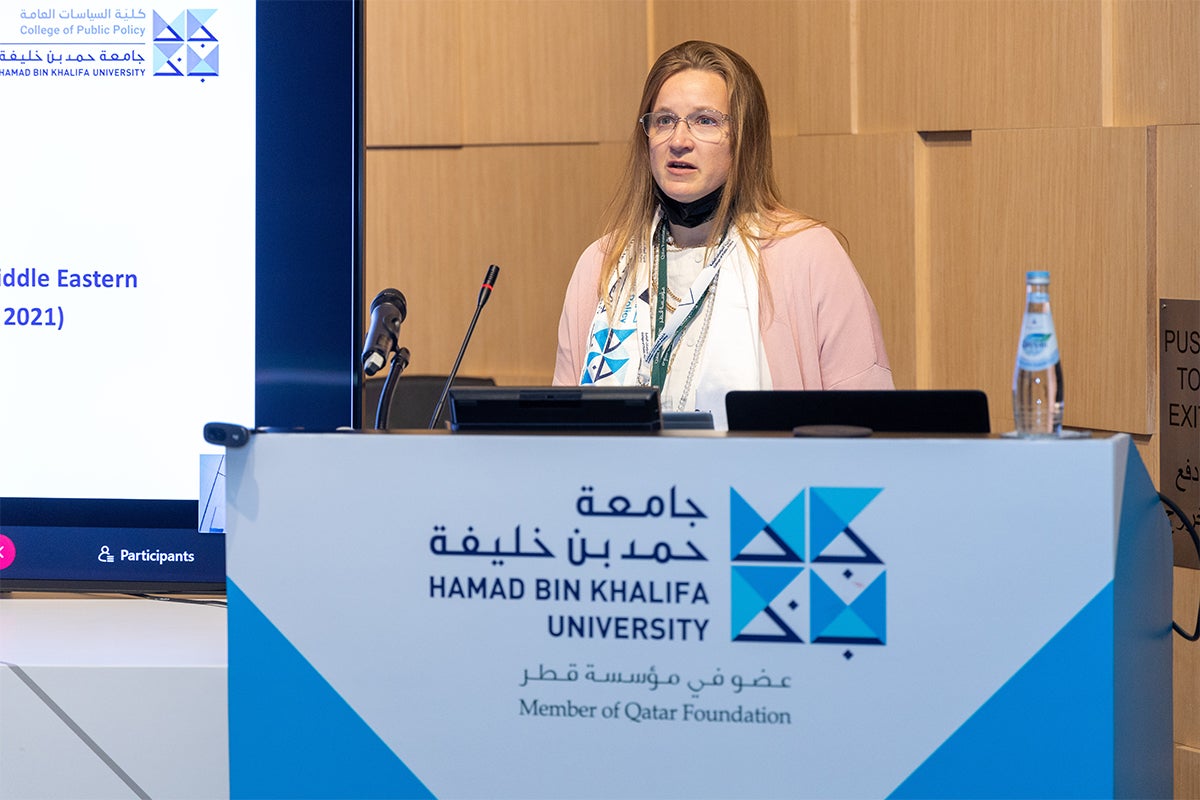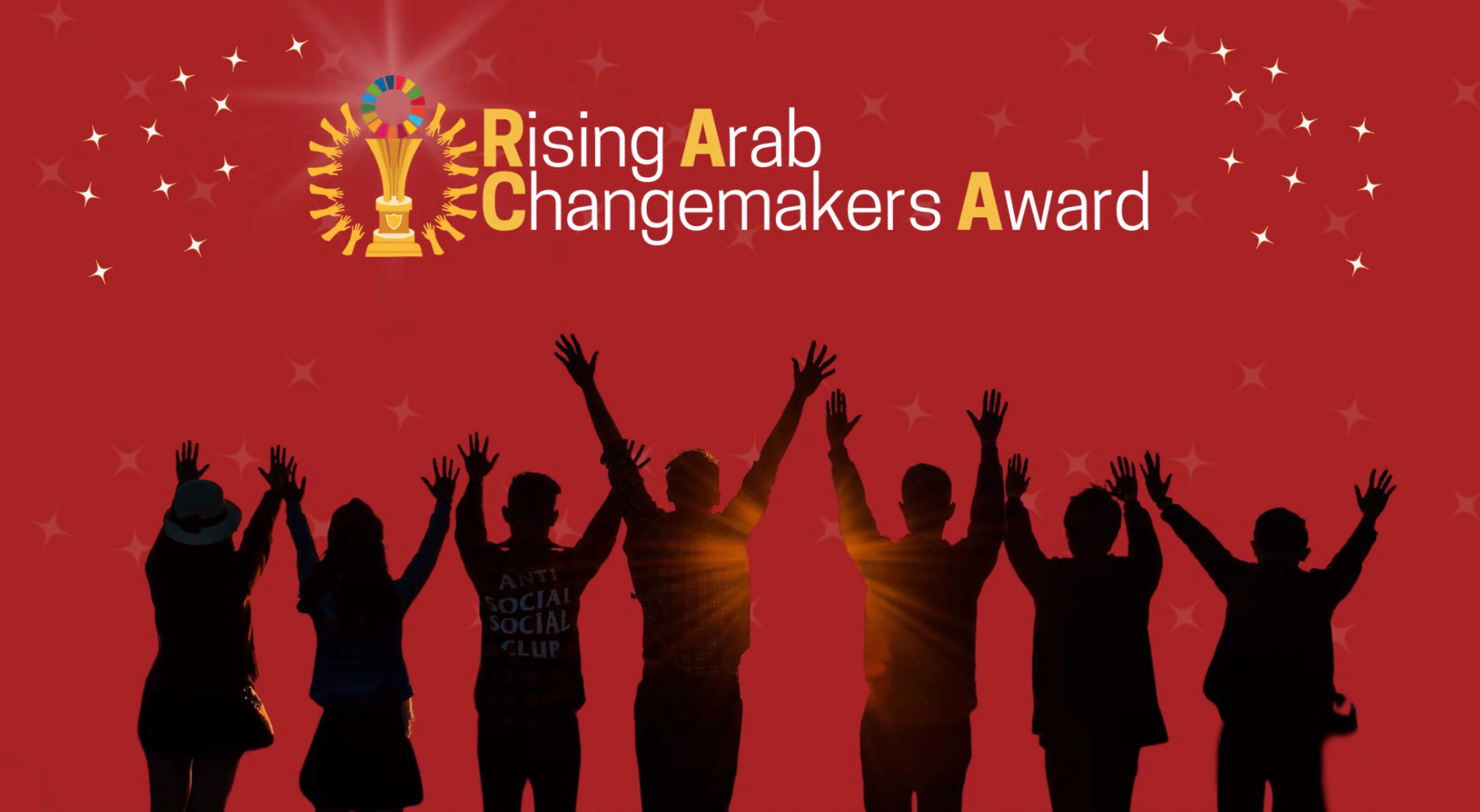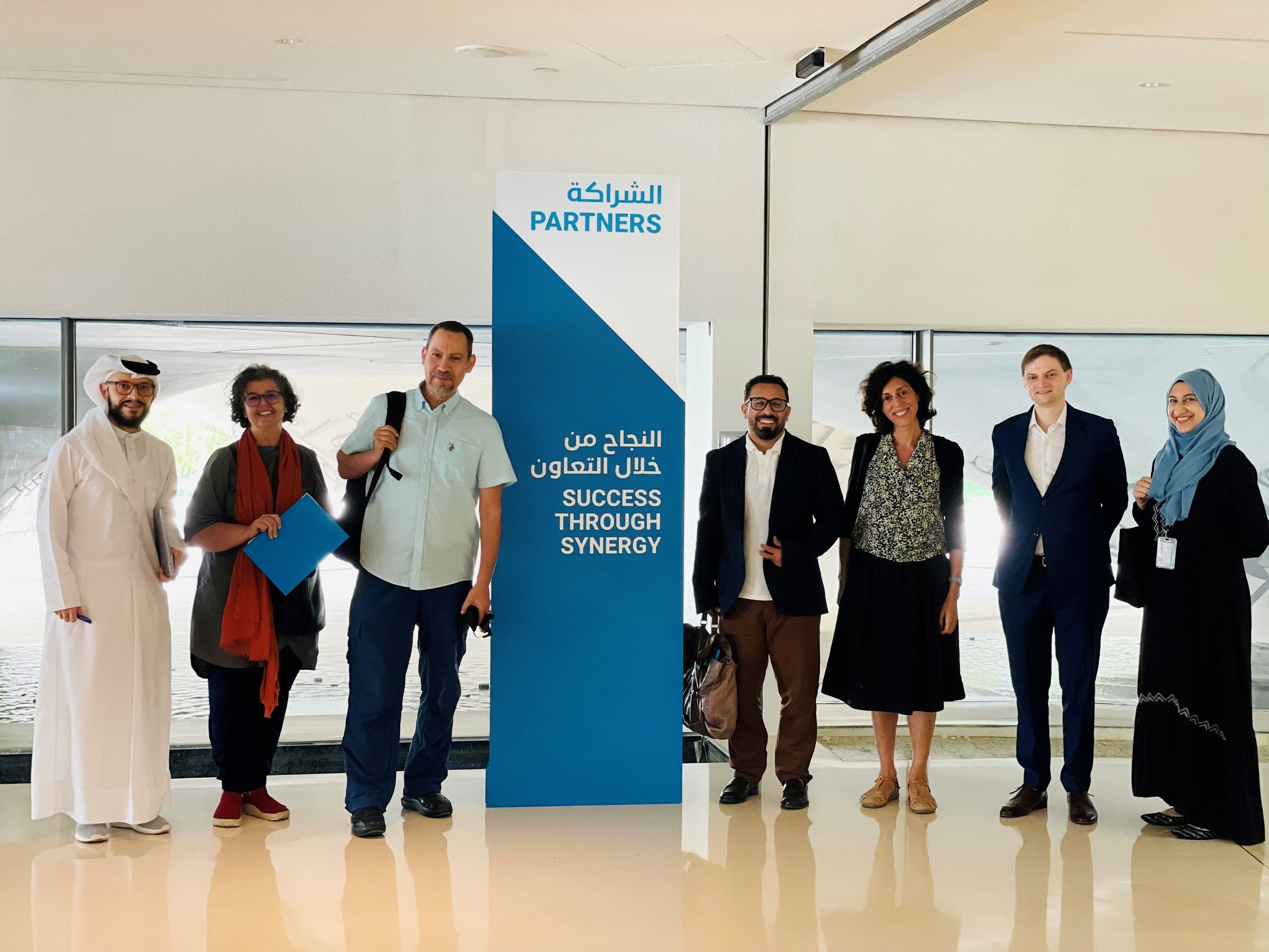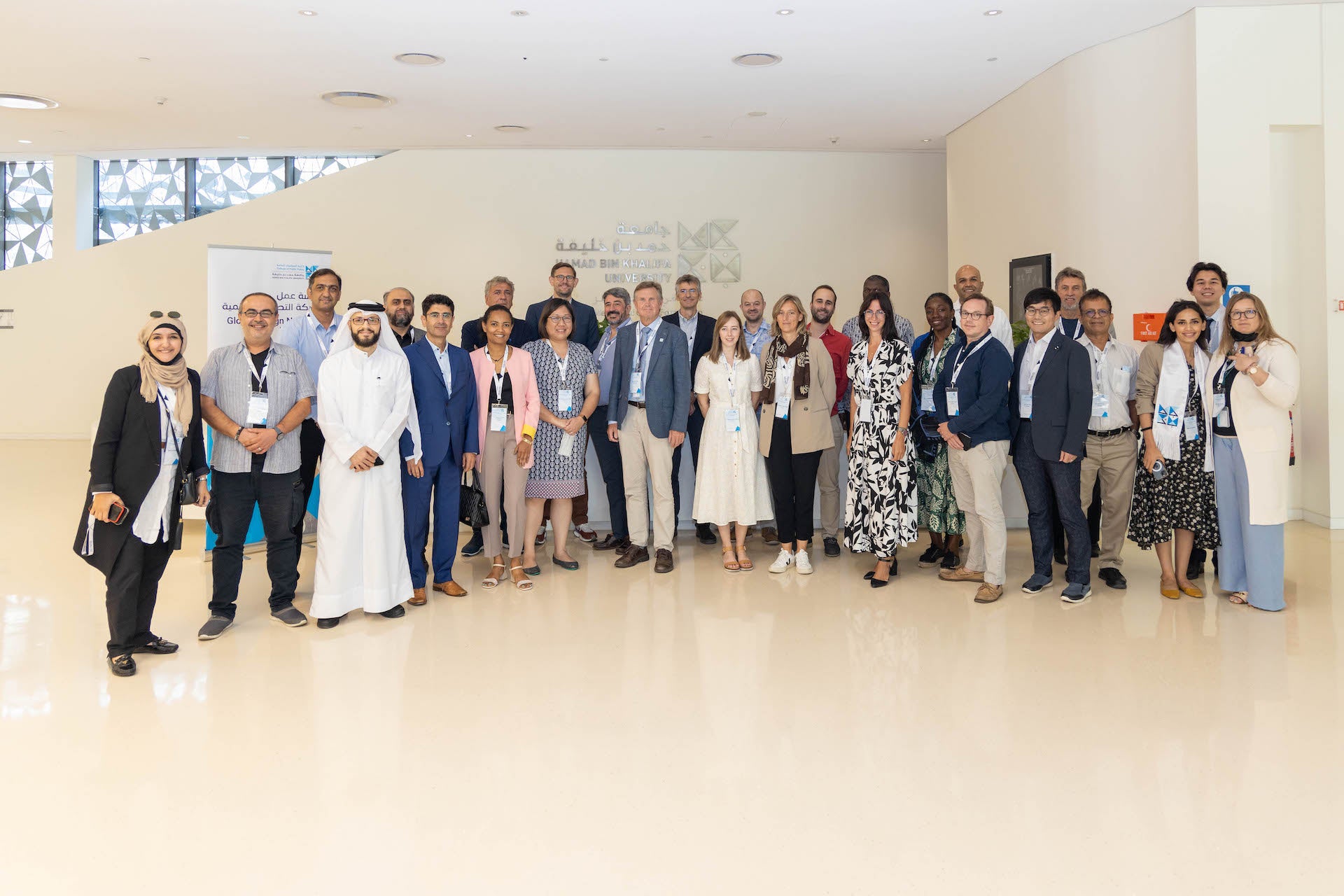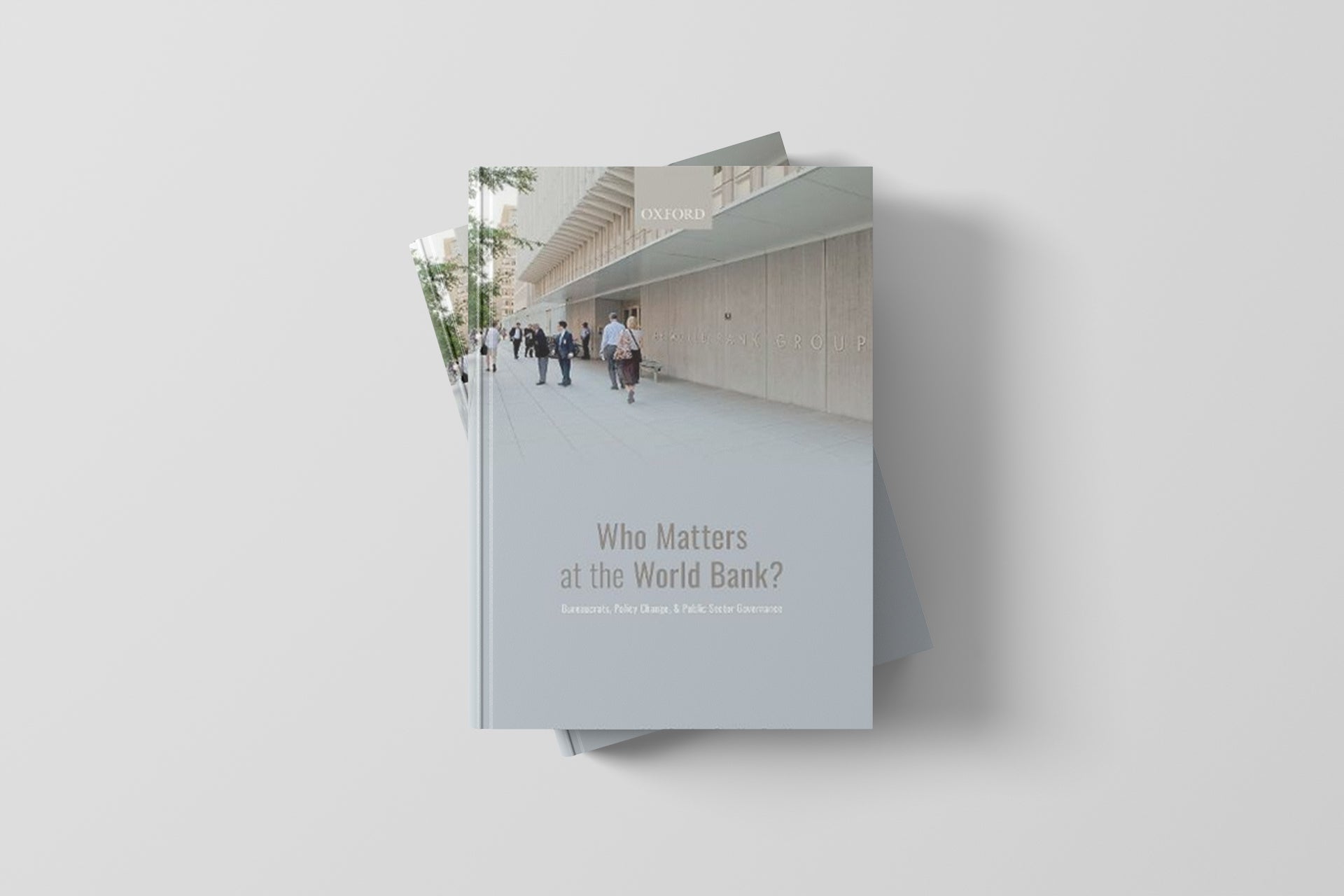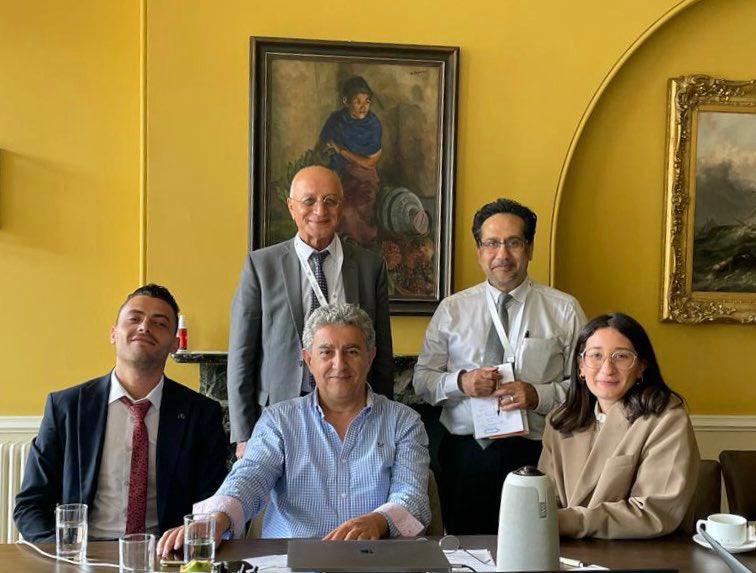By Dr. Logan Cochrane
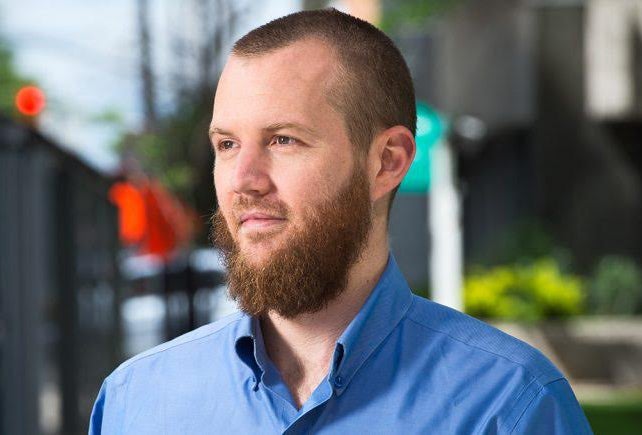
Emerging research results indicate that vaccines are coming. Corporations are taking pre-orders in billions of doses. Countries are signing deals and securing supplies despite limited production capacity. Nongovernmental and intergovernmental organizations are working to enable global access.
Yet, a question remains as to who will get those vaccines. Only certain organizations, largely in the private sector, have the capacity to manufacture these complex products. If two billion doses were produced, that would only be enough for 1 in 4 people around the world. Even then, we would be assuming that vaccinations will be effective with a single dose. Some vaccines require multiple doses, other vaccines require booster doses. Influenza vaccines are taken annually. COVID-19 has the potential to mutate, which can require regular (re)development. Such scenarios would further limit accessibility to the vaccine.
Accessibility and Equality
The answer to the question of who gets vaccines relates to the companies that own them and who has the ability and access or purchase them. Unequal access has the potential replicate and increase inequality. Governments with financial and political power will obtain priority. Such outcomes are expected in a system of free market capitalism. Countries without such power may seek alternatives to gain access, such as opening their country to clinical trials, as Brazil has done. Some conversations in the international community are reflective of the 2001 Doha Declaration, which aimed to ensure that the cost of essential medicine were affordable for all.
The problem of unequal access to essential medicine is not a new one. For example, even though the first treatment for people living with HIV was approved in 1987, it took decades to become widely available in countries like Ethiopia. Although a long and difficult journey, significant progress was made toward universal coverage for those essential medicines. One of the key lessons from that experience was that responses that relied on governments and calls to nationalism did not promote universal access.
Global Unity as a Solution
In order to promote worldwide access to essential medicine during the HIV epidemics, global solidarity and entirely new systems were required. Intellectual property rights and patent laws that were protected in international trade agreements had to be changed. Financing was needed to ensure that orders were large enough to bring the cost of treatment down. For countries with limited financial and production capacity, getting access to enough medicine required coalitions of governments, private sector companies and intergovernmental agencies. These changes were put forth and pushed forward by civil society advocacy.
Given this history, it should come as no surprise that amongst those leading the call for a people’s vaccine is the Executive Director of UNAIDS, Winnie Byanyima. However, recognizing the challenges and barriers that emerged alongside past progress, these leaders are not calling to repeat what was done before. This aligns with the shifts demanded in the 2030 Agenda for Sustainable Development, which reorients efforts to ensure that no one is left behind. Achille Mbembe has argued that this is not a time for painting over the cracks of a broken system. We must, he calls us, reinvent everything.
A Vaccine for All People
What is the new horizon that these leaders are pointing us toward? And are we headed towards a people’s vaccine, not a corporate-owned vaccine with a reduced cost? The call is for a public vaccine “for all people, in all countries, free of charge.” Like the vaccine for polio, the COVID-19 vaccine should be a public good, not patented and owned by a single company. That, however, is just the beginning of reinventing and transforming the system.
The majority of scientific evidence is also owned by companies. These leaders demand that all evidence be available and free. The current distribution plan for vaccines is that the wealthiest nations are first in line. What is needed is equitable global allocation - not only of the vaccine but also tests, tools and protective equipment. This can only occur if entire systems of production are transformed. The naysayers will question the cost.
The COVID-19 pandemic is expected to cost $8-16 trillion. This pandemic will not be the last global public health emergency. It is one of many current epidemic diseases and one type of coronavirus. The potential for a global pandemic was never if, but when. We know what the outcome will be if this question is left to free market capitalism, which is not only unjust but will also make everyone and the global economy vulnerable.
More just systems, which treat all people, in all countries, equally requires transformation. Such a radical departure from the status quo will not occur on its own. If we continue to march along the road we are on, inequalities will continue to widen and deepen. We have the opportunity to head in a new direction, but that demands action. It is up to us – individuals, civil society organizations, coalitions - to put unrelenting pressure on politicians and corporations to do so. The choice is ours.
Dr. Logan Cochrane is an Associate Professor at the College of Public Policy, part of Hamad Bin Khalifa University.




